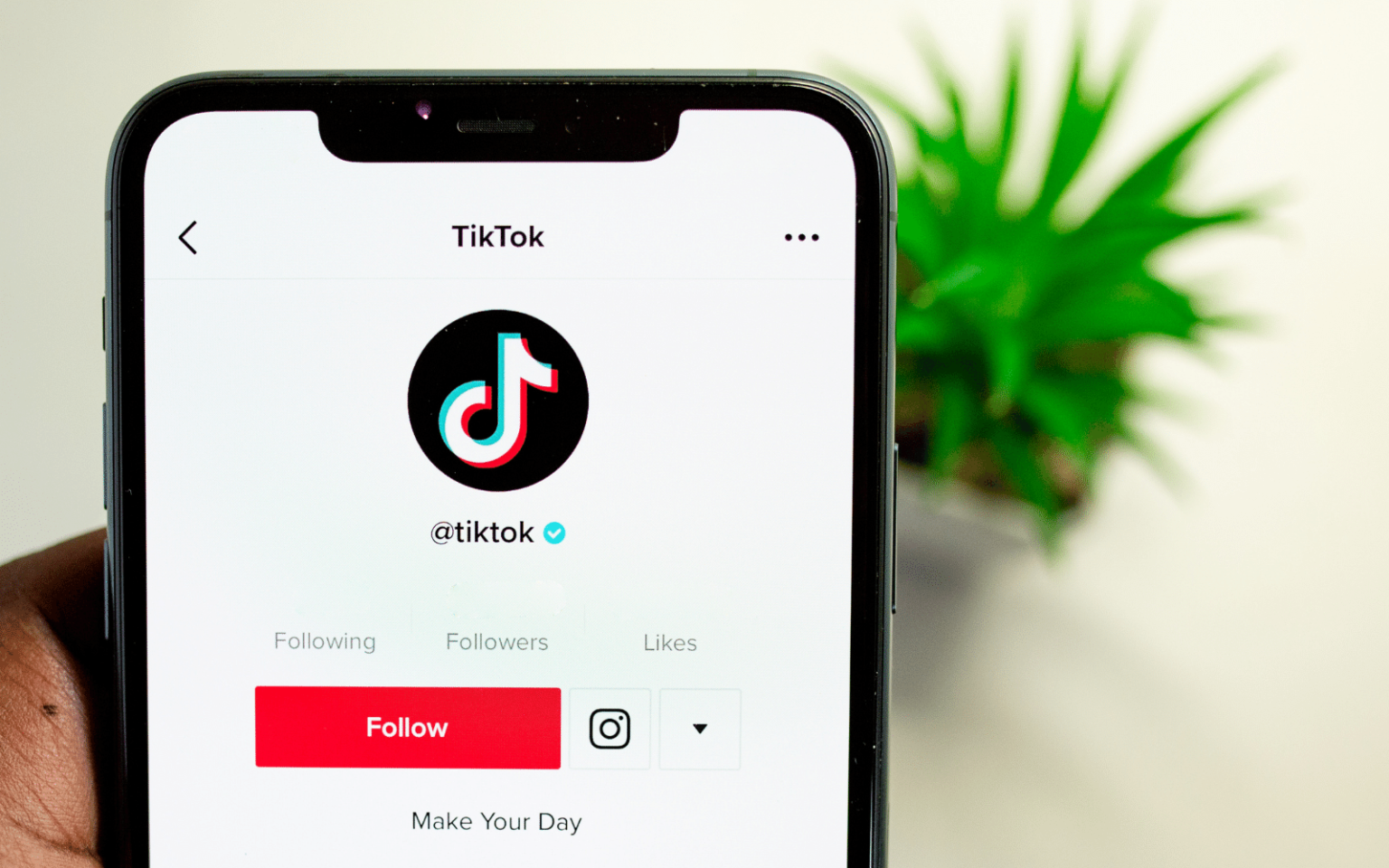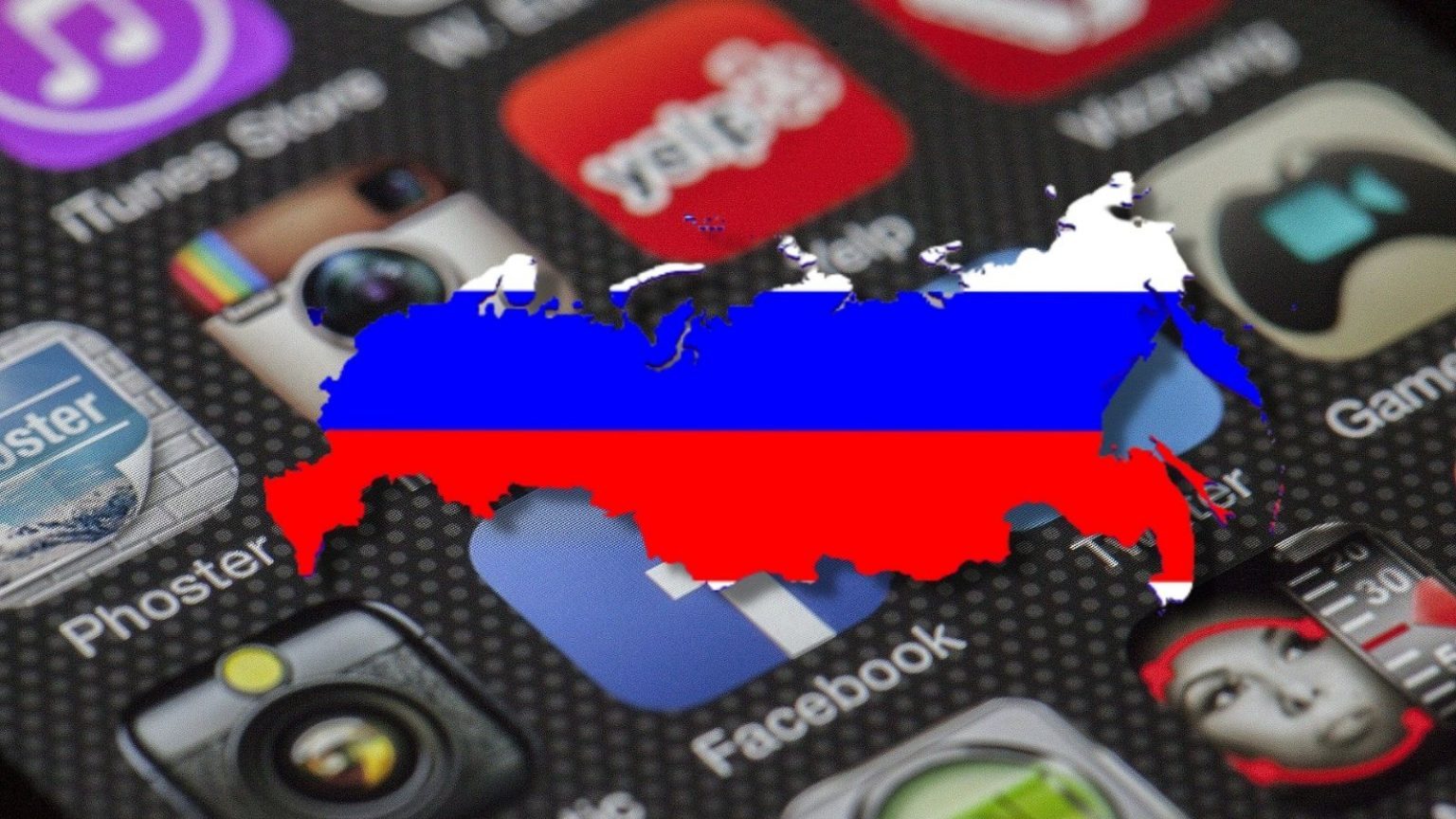When English statesman Sir Francis Bacon famously said “knowledge is power”, he could hardly have foreseen the rise of ubiquitous social media some 500 years later. Yet social media platforms are some of the world’s most powerful businesses – not least because they can collect massive amounts of user data, and use algorithms to turn the data into actionable knowledge. Today, TikTok has some of the best algorithms in the business, and a suite of data-collection mechanisms. This is how it manages to be so addictive, with some 1.2 billion users as of December 2021. This number is expected to rise to 1.8 billion by the end of the…
Author: The Conversation
Before the pandemic, a typical commute may have involved choosing between walking, driving or taking public transit. Ride-sharing apps have also allowed us to request rides in a shared car, on a bike or even using a scooter. Walking might involve a journey that begins on a residential street and travels through bustling commercial strips, past cyclists and delivery drivers that would need to be dodged and manoeuvering through busy intersections. The pandemic altered the commute for most and changed our experience of moving through cities. Municipalities have been installing bike lanes, reducing car lanes and parking, widening sidewalks and green spaces and creating…
The Geological Agency described the lithium as high grade because what’s been found has between 1% – 13% oxide content. Normally exploration begins at levels as low as 0.4%. Grade (in %) is a measure of concentration of the lithium in the minerals and or rocks that contains it. Therefore, the higher the grade the more the economic viability. Higher grades are very rare for metals like lithium. Lithium is a metallic mineral in very high demand by manufacturing industries. Seven years ago the bulk of demand for lithium was split between ceramics and glasses (35%) and greases, metallurgical powders,…
Have you or a loved one ever needed surgery? Imagine what your life would be like if you couldn’t have it. Billions of people around the world lack access to surgery because equipment and general anaesthesia are too expensive or unsuitable in their region. When we think about technological progress people tend to picture faster, shinier, more hi-tech upgrades of what we already have. But sometimes developers can have more impact by remodelling technology with cheaper and simpler versions. Our group at the University of Leeds is developing surgical technology for low-to-middle income countries and our first project was a…
Artificial intelligence has changed the way science is done by allowing researchers to analyze the massive amounts of data modern scientific instruments generate. It can find a needle in a million haystacks of information and, using deep learning, it can learn from the data itself. AI is accelerating advances in gene hunting, medicine, drug design and the creation of organic compounds. Deep learning uses algorithms, often neural networks that are trained on large amounts of data, to extract information from new data. It is very different from traditional computing with its step-by-step instructions. Rather, it learns from data. Deep learning is far less transparent than traditional…
Since the start of Russia’s war on Ukraine in late February 2022, Russian internet users have experienced what has been dubbed the descent of a “digital iron curtain.” Russian authorities blocked access to all major opposition news sites, as well as Facebook, Instagram and Twitter. Under the new draconian laws purporting to combat fake news about the Russian-Ukrainian war, internet users have faced administrative and criminal charges for allegedly spreading online disinformation about Russia’s actions in Ukraine. Most Western technology companies, from Airbnb to Apple, have stopped or limited their Russian operations as part of the broader corporate exodus from the country. Many Russians downloaded virtual…
American Kevin Strickland was exonerated after spending 42 years in prison for being wrongfully convicted of a triple murder in November 2021. His 1978 conviction was based on mistaken identification of an eyewitness. The eyewitness later said that police pressured her into identifying Strickland, and attempted to have her testimony recanted but failed. She died in 2015. Law enforcement agencies worldwide struggle with the unreliability of eyewitness identification and scarcity of physical clues at crime scenes. There is a wealth of evidence showing that mistaken eyewitness identification is a contributing factor in wrongful convictions. Police only collect physical evidence in approximately 15% or less of crime scenes. This makes non-physical…
I love writing code to make things: apps, websites, charts, even music. It’s a skill I’ve worked hard at for more than 20 years. So I must confess last week’s news about the release of a new “AI assistant” coding helper called GitHub Copilot gave me complicated feelings. Copilot, which spits out code to order based on “plain English” descriptions, is a remarkable tool. But is it about to put coders like me out of a job? Trained on billions of lines of human code GitHub (now owned by Microsoft) is a collaboration platform and social network for coders. You can think of it as something like…
Ten years ago, scientists announced the discovery of the Higgs boson, which helps explain why elementary particles (the smallest building blocks of nature) have mass. For particle physicists, this was the end of a decades-long and hugely difficult journey – and arguably the most important result in the history of the field. But this end also marked the beginning of a new era of experimental physics. In the past decade, measurements of the properties of the Higgs boson have confirmed the predictions of the standard model of particle physics (our best theory for particles). But it has also raised questions about the limitations…
South Africa’s Constitutional Court has decided to strike down the government’s plans to end old-style analogue television broadcasting at the end of June. The decision upholds the right to information, which poor South Africans would have been denied as government has been slow to roll out the devices they need to access the new digital signal. But the decision further delays migration to digital broadcasting and will leave South Africa struggling longer with a lack of urgently needed bandwidth. The migration would free up space on the frequency spectrum for mobile data and other uses. The government had many years to ensure…










